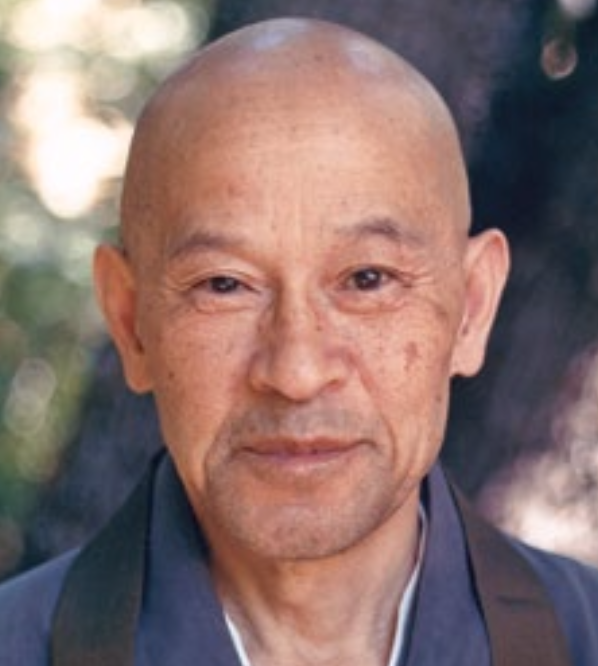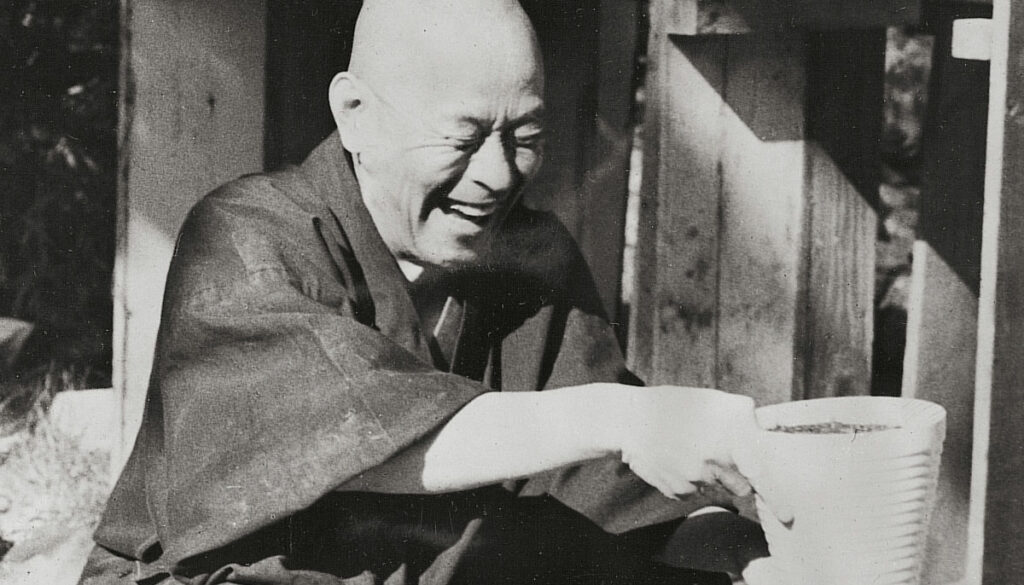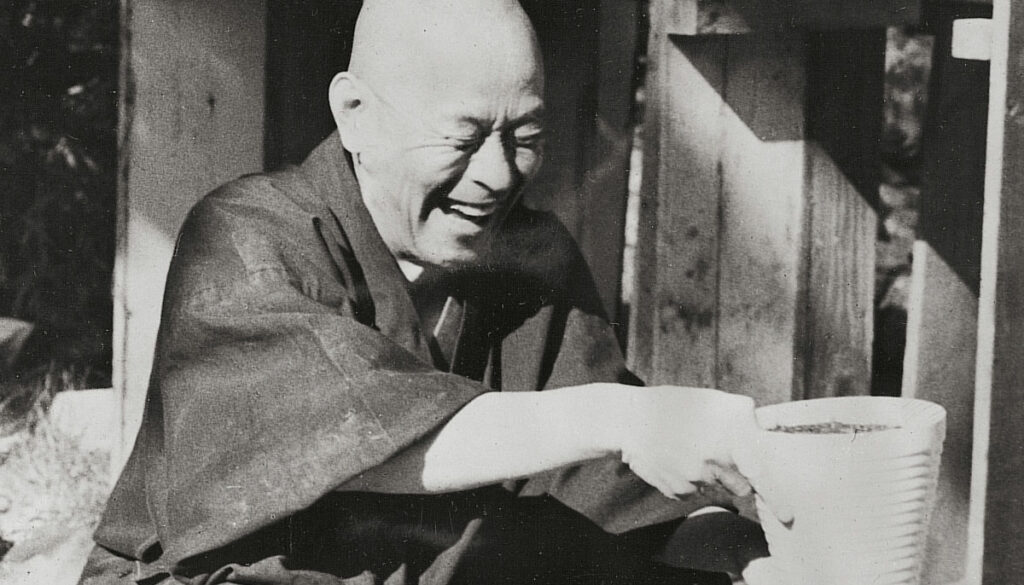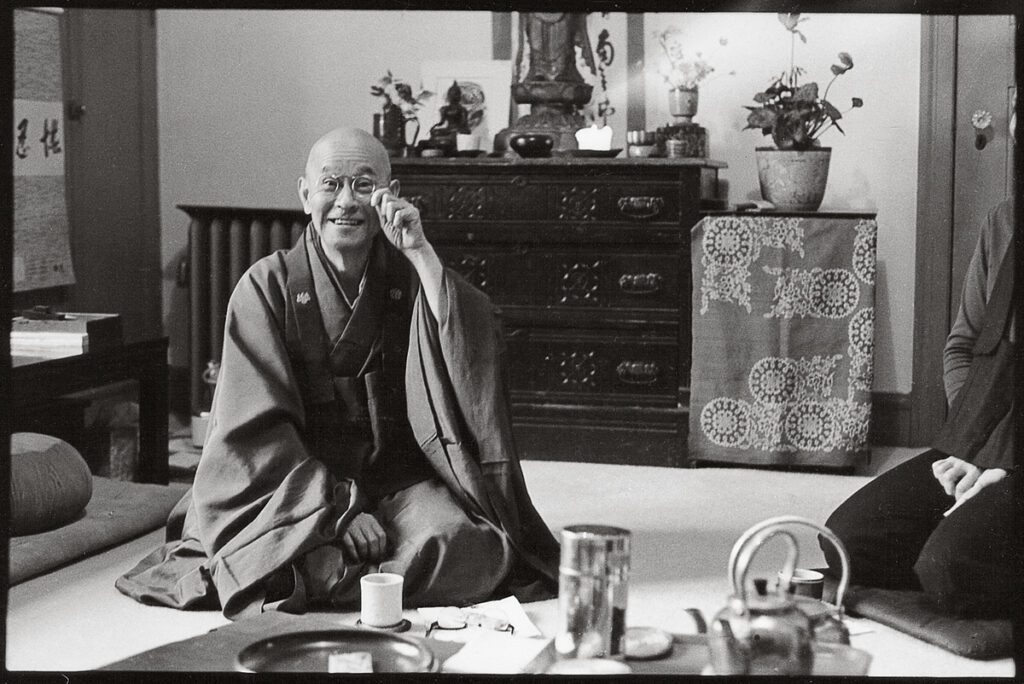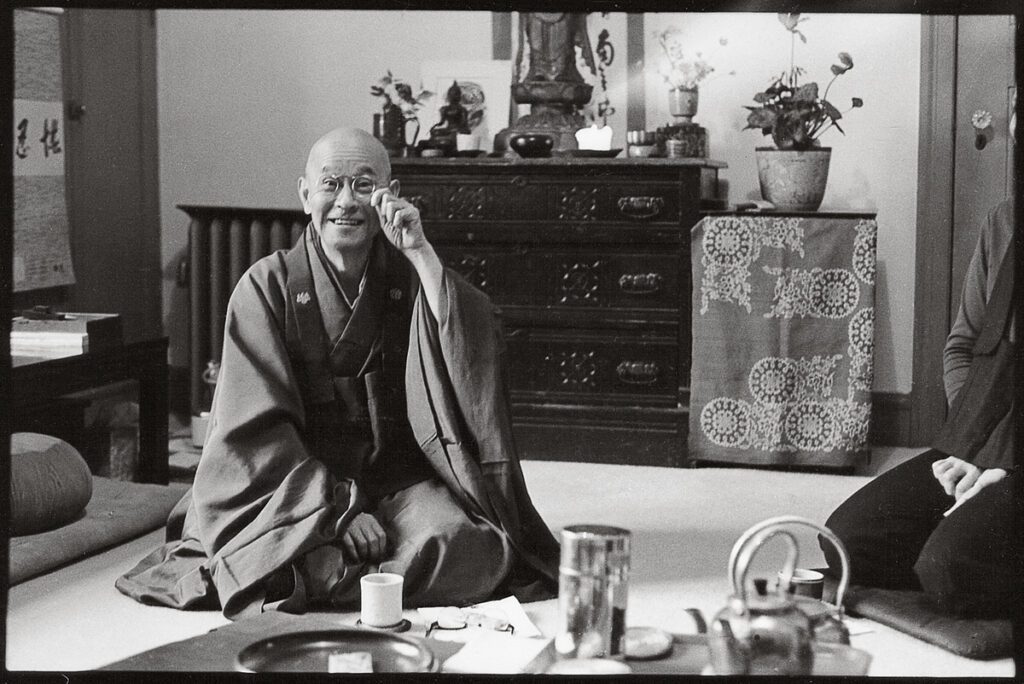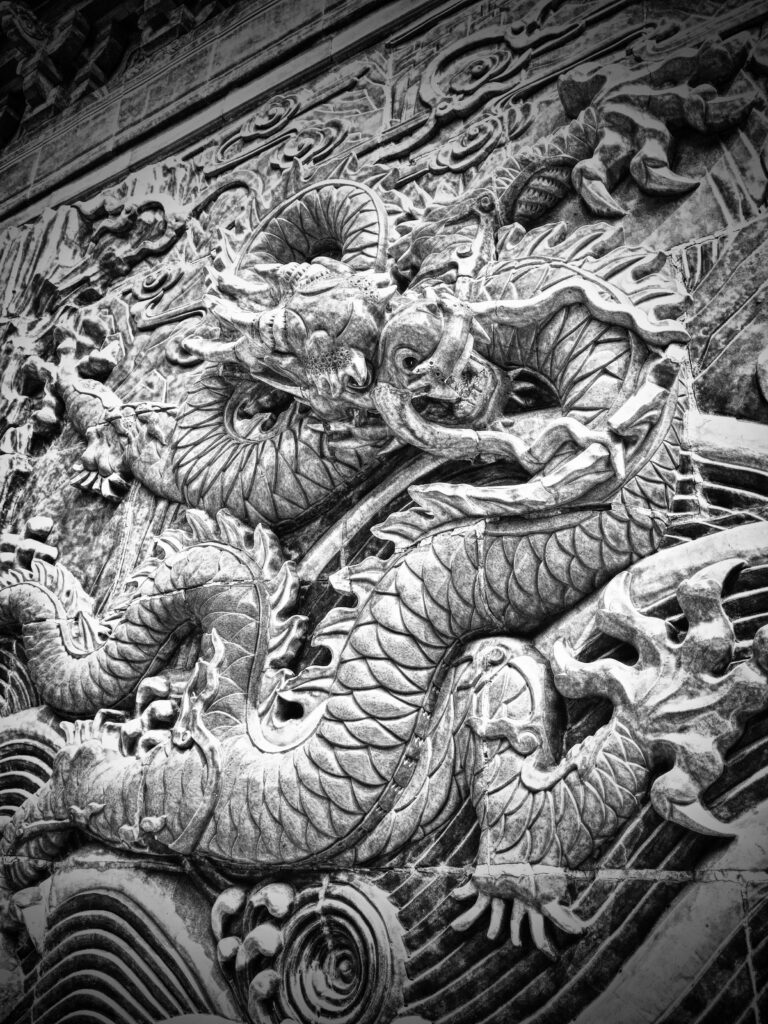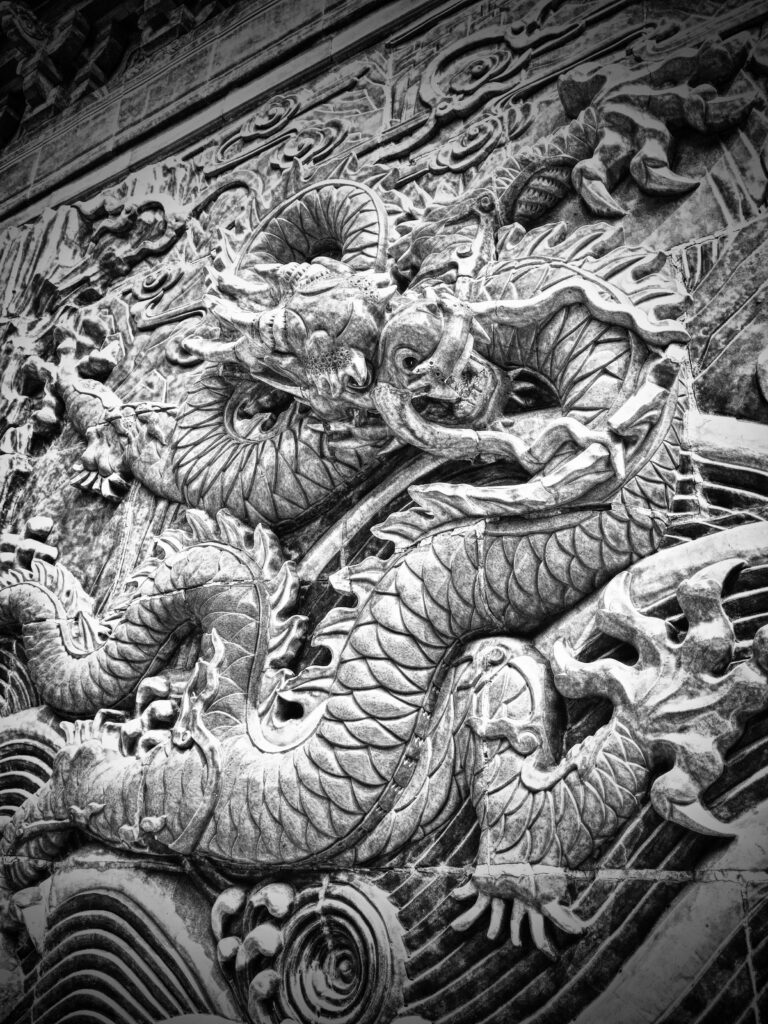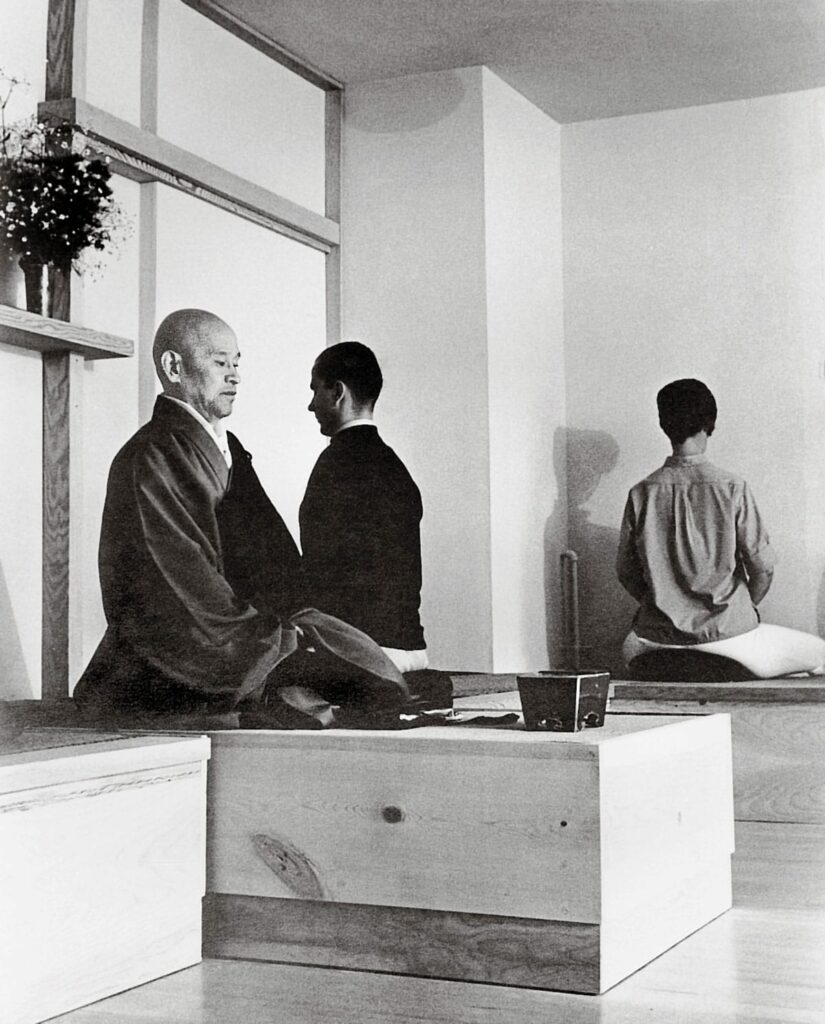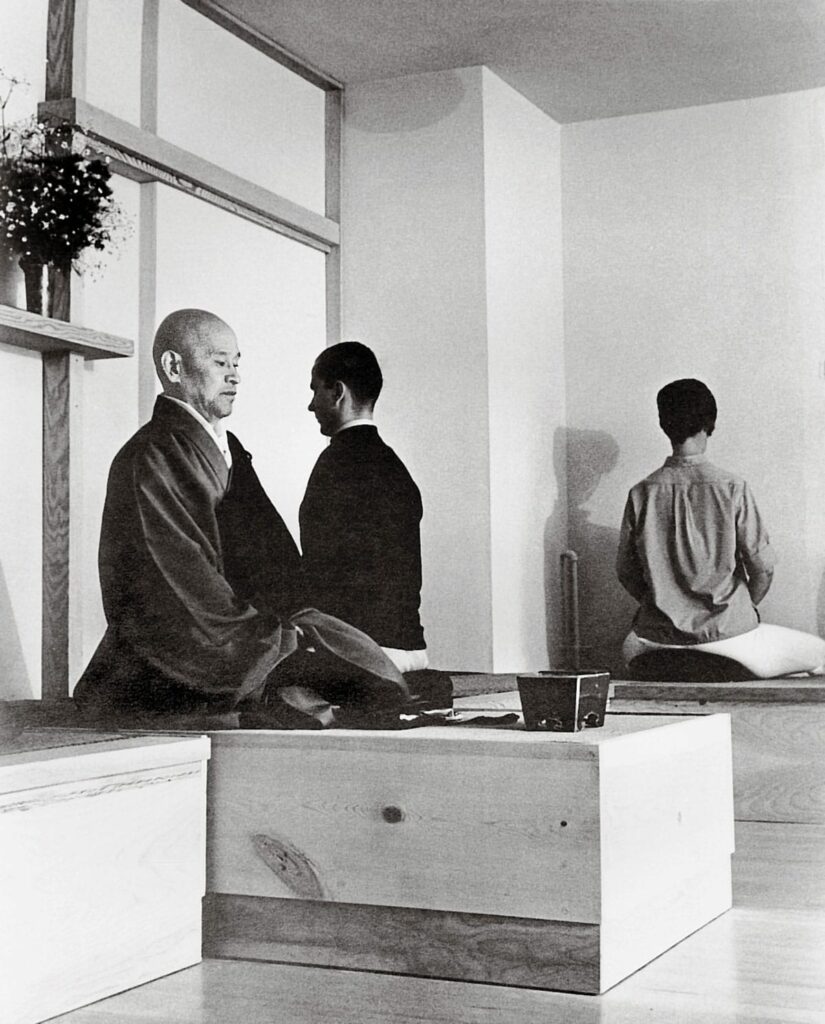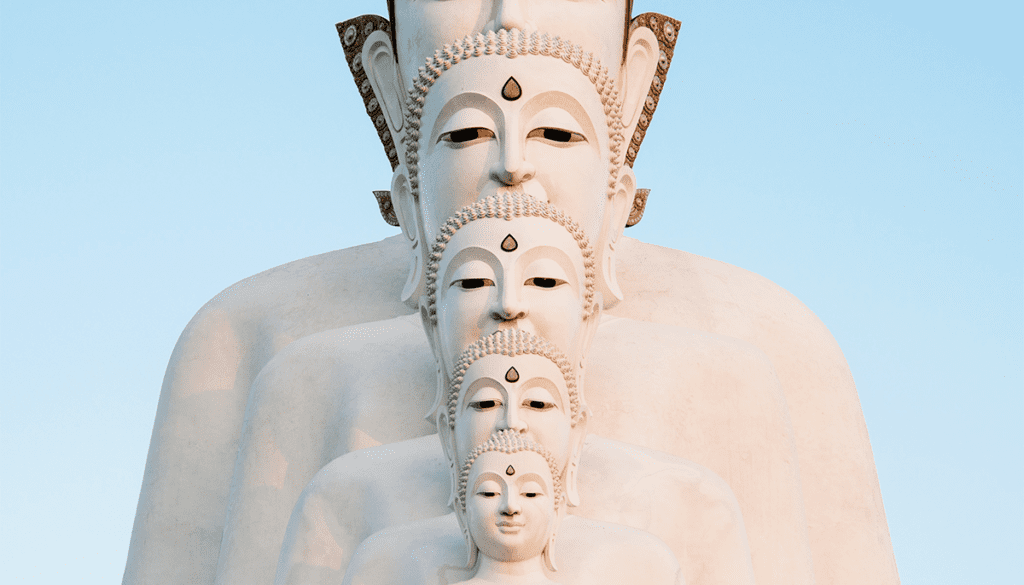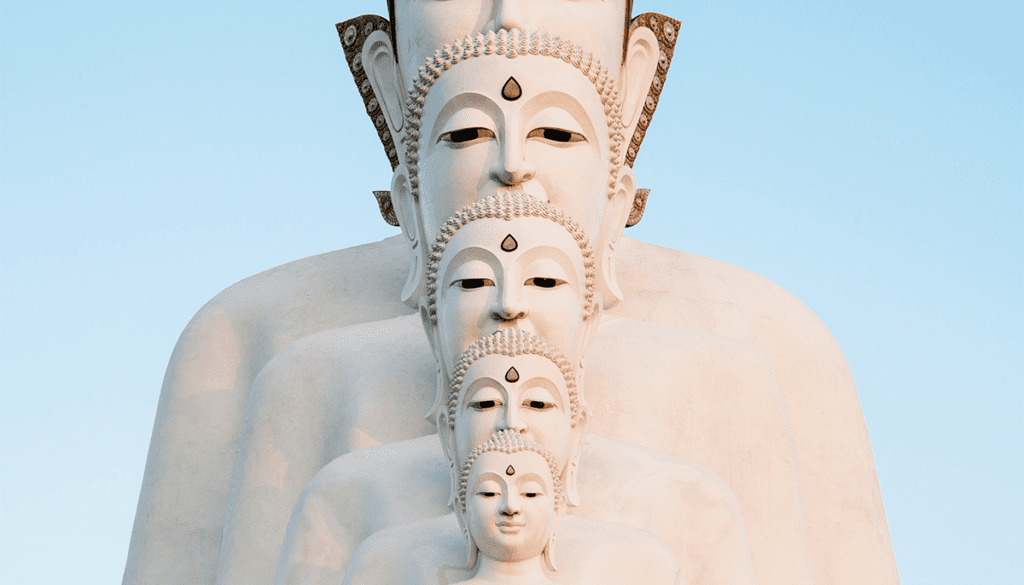Shunryu Suzuki Roshi (1904-1971) came to the US from Japan in 1959 and founded San Francisco Zen Center. The author of Zen Mind, Beginner’s Mind, his approach to teaching Soto Zen continues to have an immeasurable influence on Buddhism in the West.
Shunryu Suzuki Roshi
Books
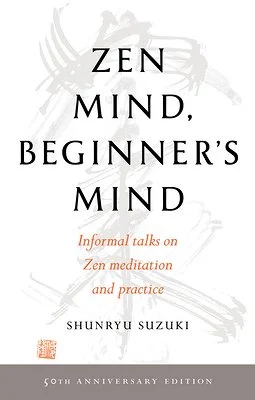
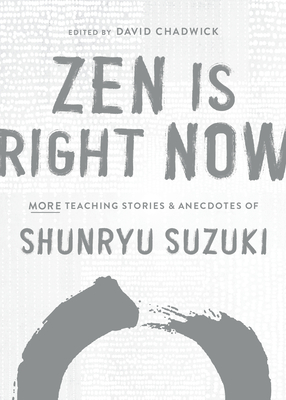
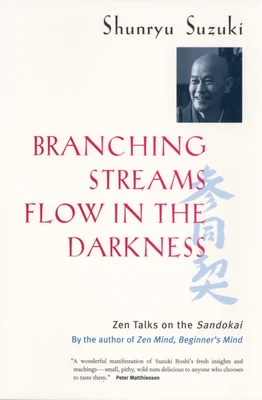
Recent Articles
La sabiduría busca la sabiduría
En esta enseñanza de 1965 –tomada de los registros más antiguos de sus pláticas– Shunryu Suzuki Roshi explica lo que significa entender tu verdadera naturaleza.
Wisdom Seeks for Wisdom
In this teaching from 1965—taken from the oldest extant recording of his talks—Shunryu Suzuki Roshi explains what it means to understand your true nature.
Wherever You Are, Enlightenment Is There
A talk by Shunryu Suzuki Roshi on enlightenment.
Shikantaza is Understanding Emptiness
What is shikantaza? Suzuki Roshi, the great Zen teacher, says that it is the experience of receiving a "letter from emptiness"
The Lamp of Zazen
The point of zazen, says Shunryu Suzuki Roshi, is to live each moment in complete combustion, like a clean-burning kerosene lamp.
The Enduring Teachings of Suzuki Roshi
To mark the fiftieth anniversary of Shunryu Suzuki Roshi‘s Zen Mind, Beginner’s Mind, we present two teachings from the book, alongside testimonials from Buddhist teachers.
The True Dragon
If you are carving your own dragon, you will never see the real one. That’s why true zazen requires giving up your personal style of practice.
Things As It Is
Zen master Shunryu Suzuki Roshi on The Sandokai, which he calls "one of our most important teachings."
Shunryu Suzuki explains how to practice zazen
Zen Mind, Beginner’s Mind is the seminal work by San Francisco Zen Center founder Shunryu Suzuki Roshi. In this chapter alone he explains: how to practice zazen, the difference between small and big mind, and the true nature of thoughts.
Buddha Is Right Here
Buddhadharma presents two of Suzuki Roshi's talks that address the fundamental koan – the life we lead at this moment.
